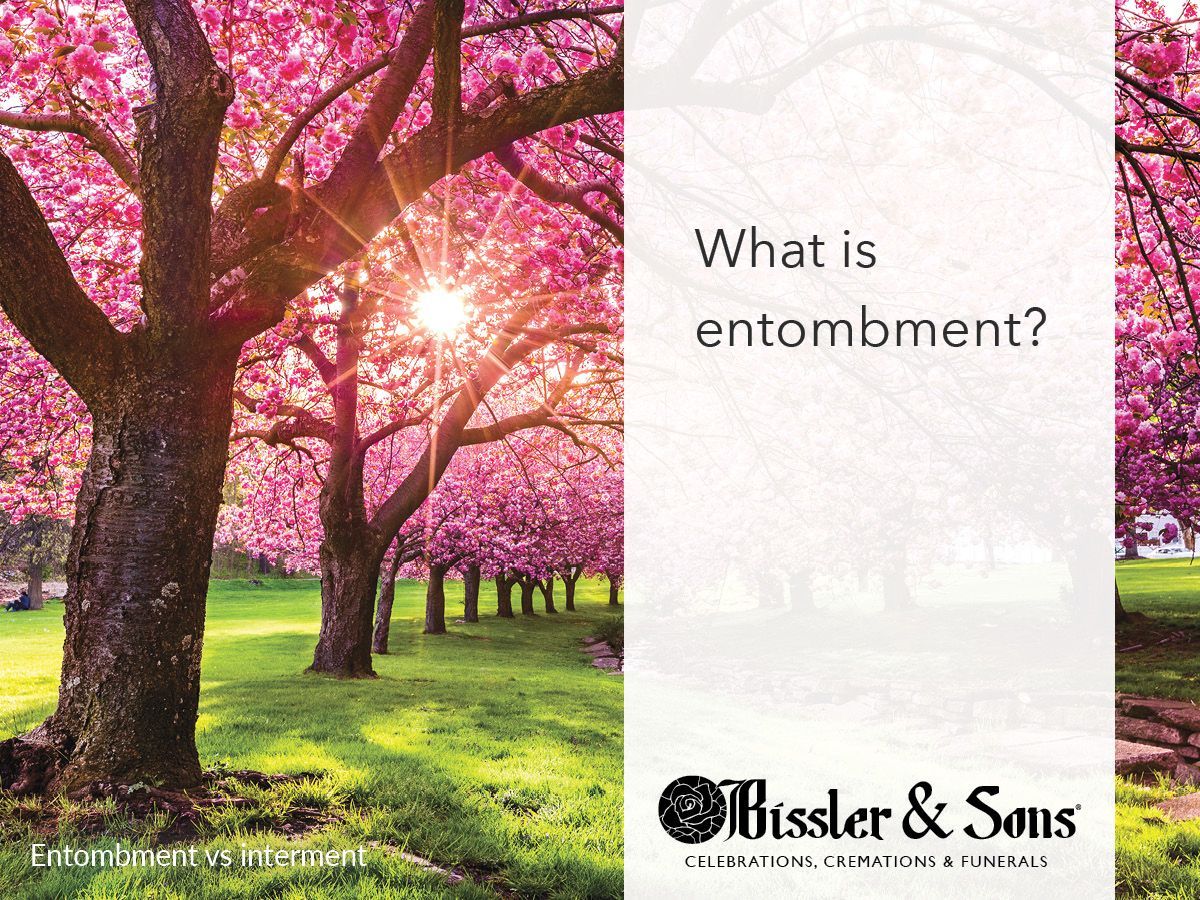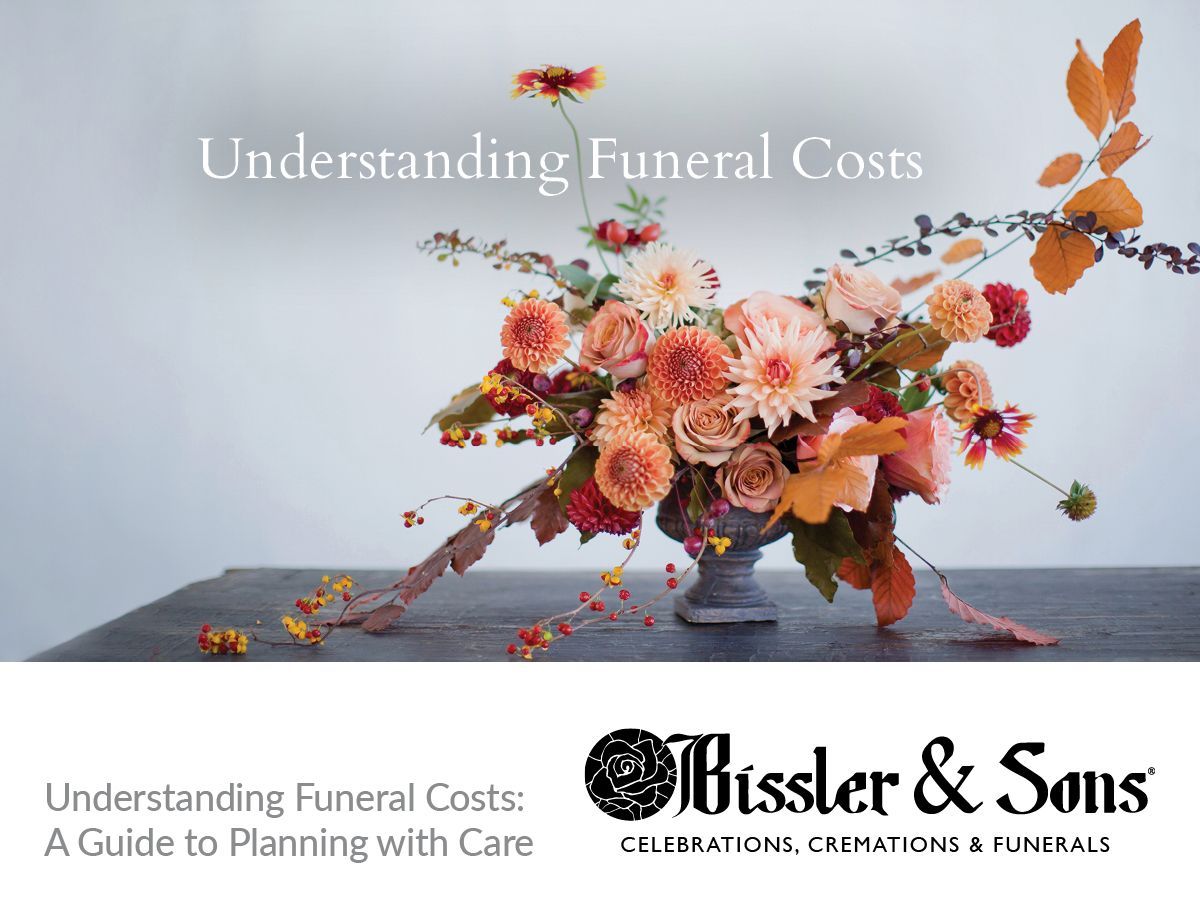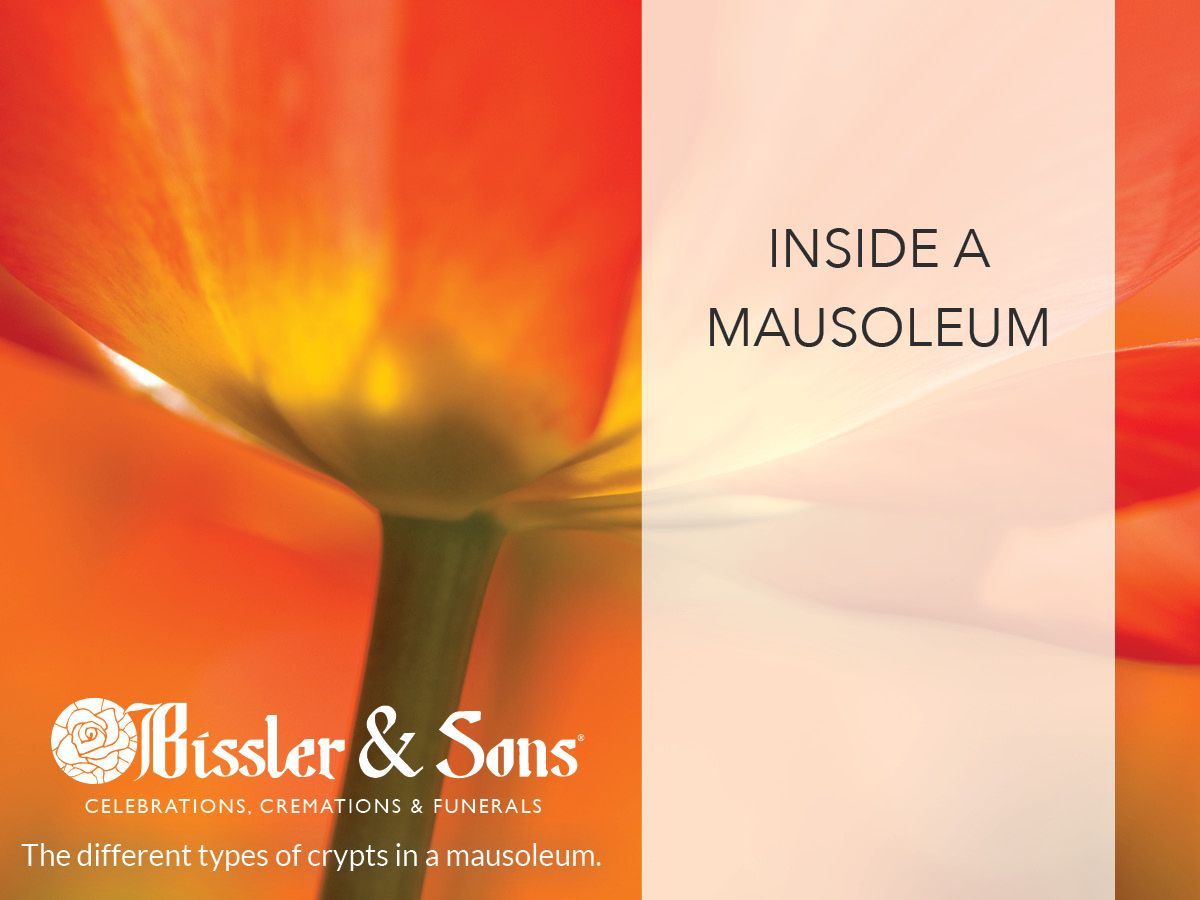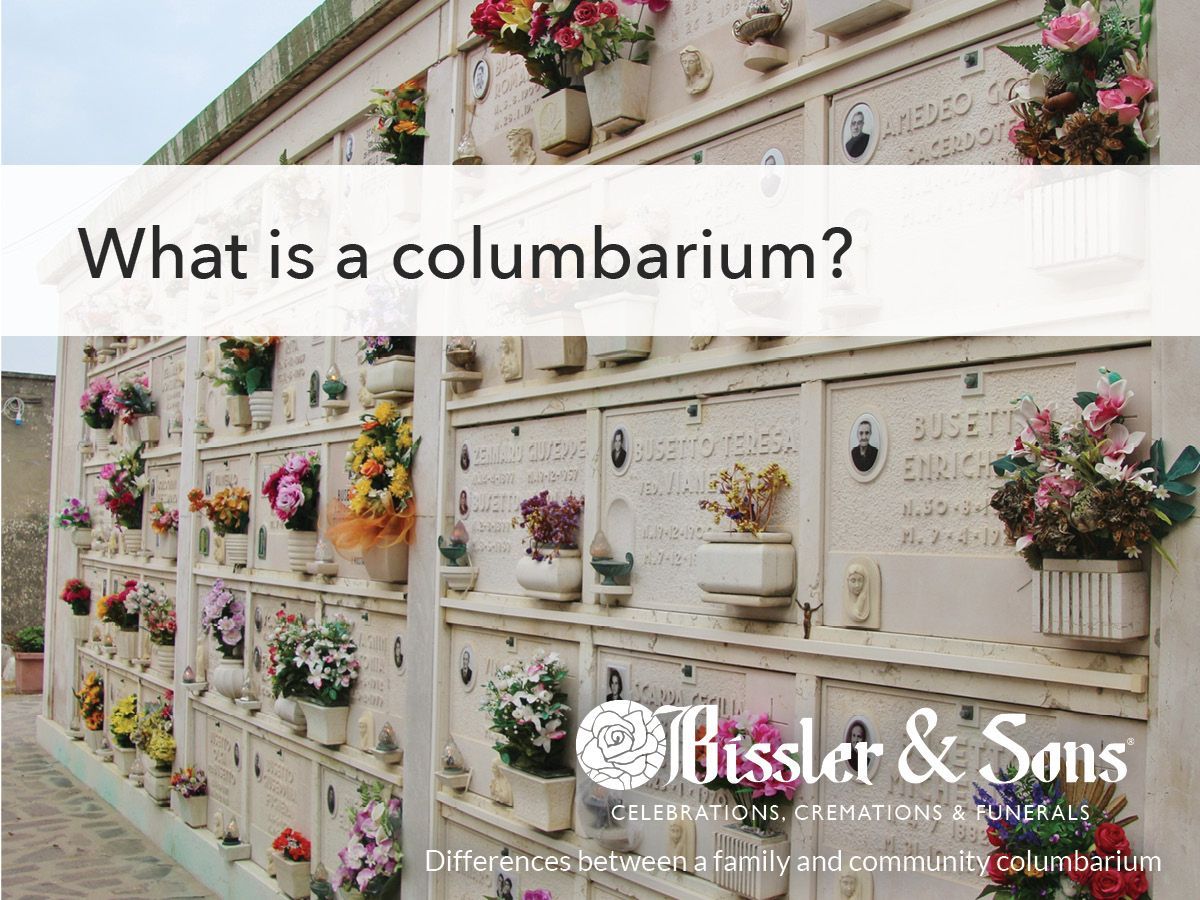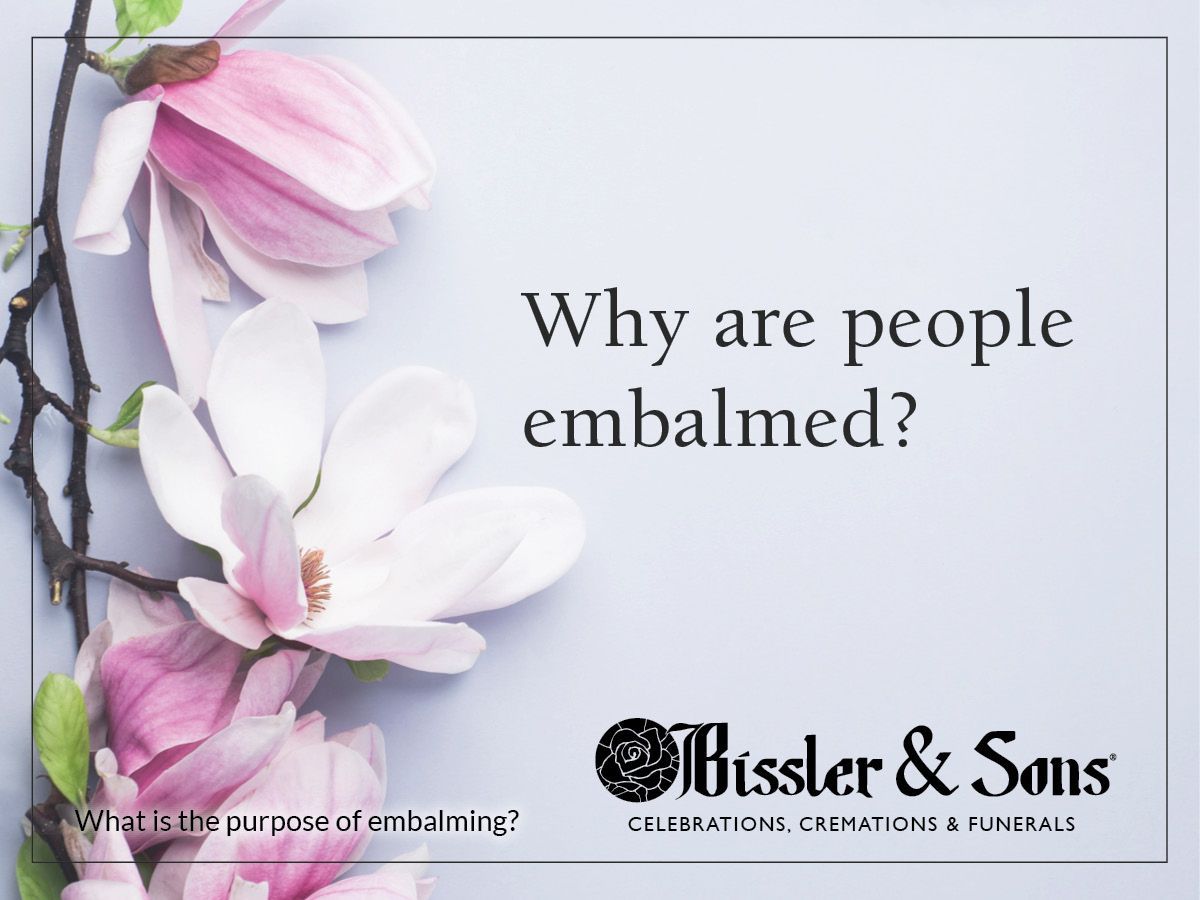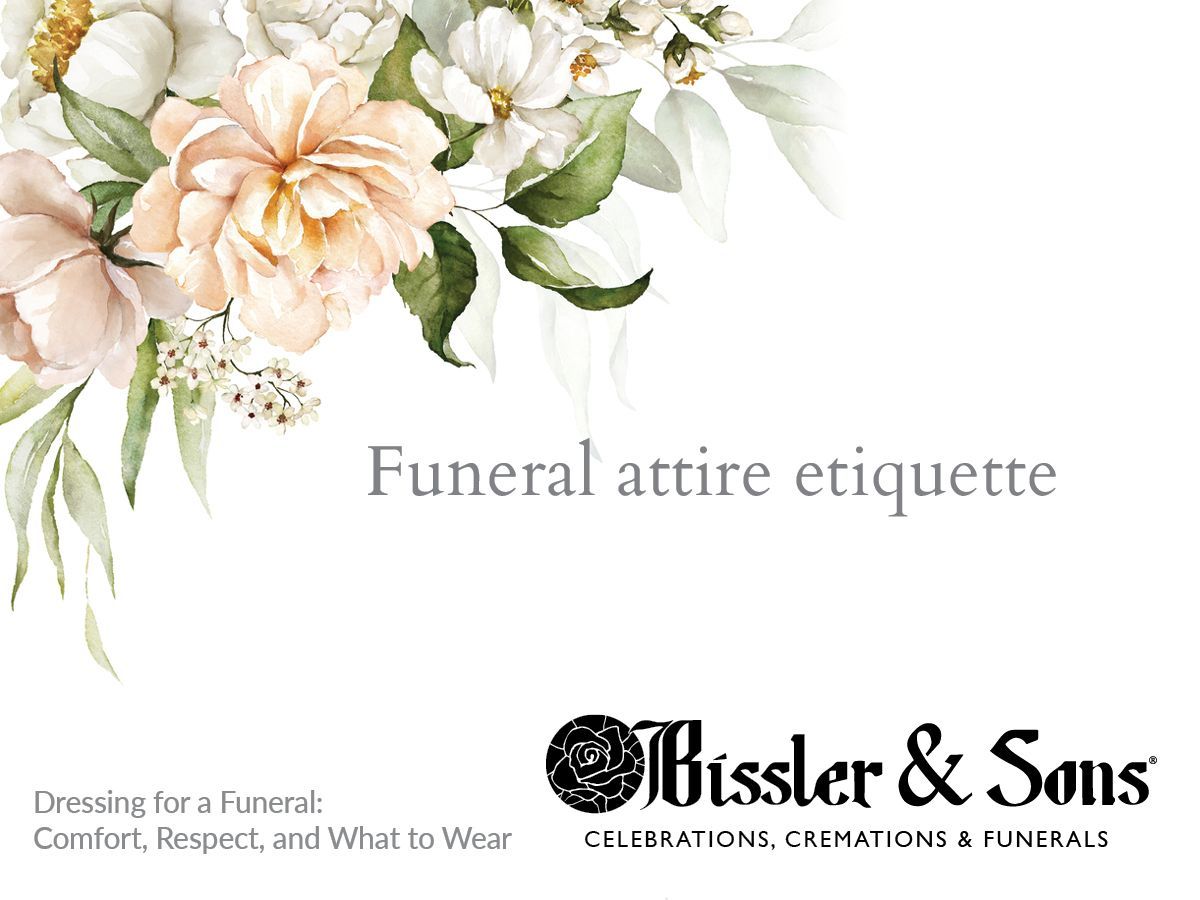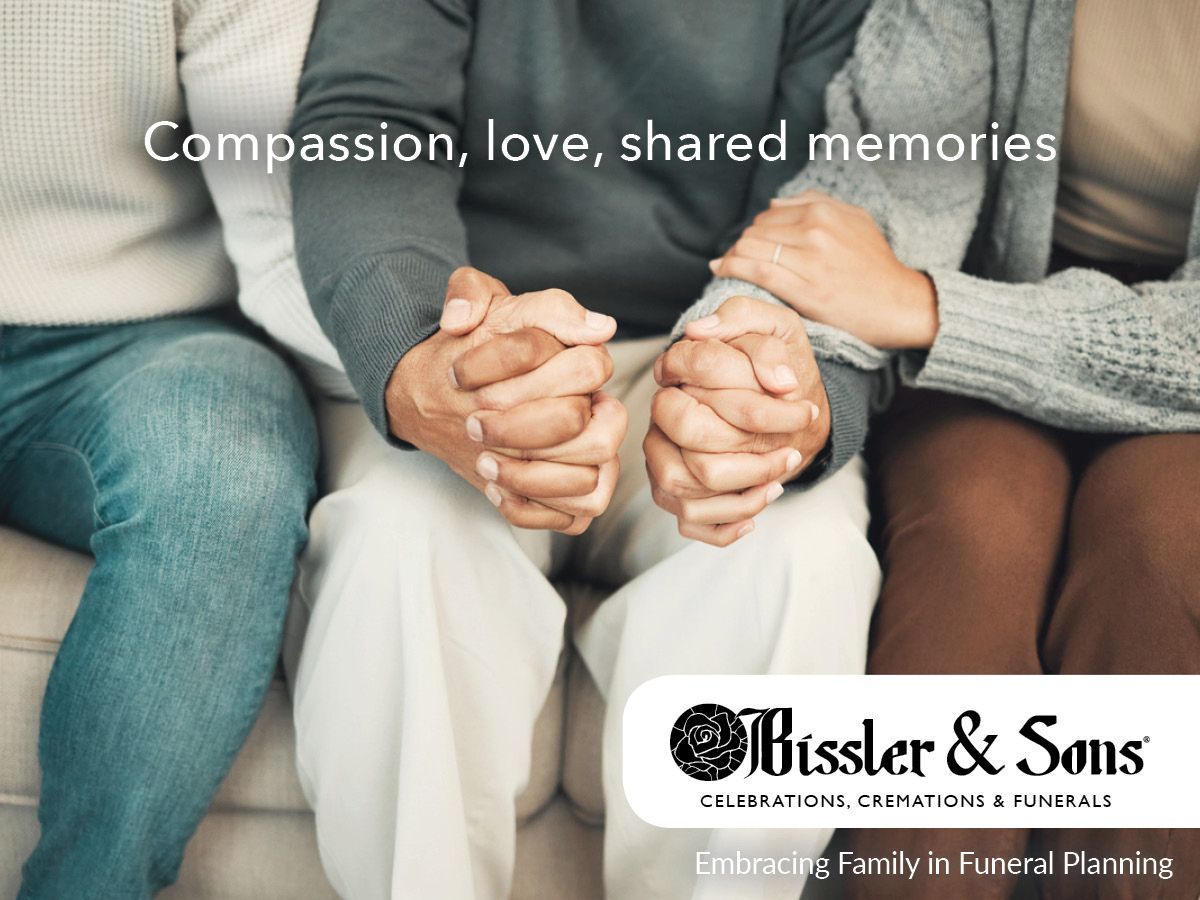Do I Have to Go to the Funeral?
Despite the word “fun” appearing in the word “funeral,” they’re typically not associated with one another. Funerals are typically more somber affairs. Grief is a frequent guest at these ceremonies. It can feel heavy to attend a funeral. But going to a funeral may help you in the long run. And it shows care, love, and support for both the decedent and those who loved them.
Do you have to go to the funeral?
If someone asks you to attend a funeral, you should generally do your best to go. There are two major reasons why you should attend a funeral: your respect for the decedent and your respect for their grieving loved ones. Funerals serve many different purposes. One of the biggest ones is that it honors the life of the decedent. To attend a funeral is to cherish their memory.
But another reason we go to funerals is to offer our support and condolences to those who loved the person who passed. For those people, it’s incredibly meaningful to see friends, colleagues, and other people whose lives were touched by their loved one come out to say goodbye. Especially if you know the family and close friends of the person who passed, you should do your best to support them in the wake of their loss. And one of the most significant ways to show support is by showing up to the funeral, which is often a difficult day for them. Although you should continue to show how much you care even once the funeral comes to an end, being there on the day of the funeral is a wonderful place to start.
Attending a funeral is also for you. If you were close to the person who passed, going to the funeral can help you to feel a bit of closure regarding their passing, which can help you to start the grieving process. You’ll have the opportunity to say a final goodbye, and you’ll find comfort in being surrounded by others who will miss them.
You may think that the decedent’s family and friends won’t miss you at the funeral, but people tend to remember who came out to say goodbye to their loved one. Especially if you are close to the decedent’s immediate family or their close friends, you should make a point of attending the funeral, as well as the additional services that may be held. Even if you have to arrange travel in a short amount of time to cover a great distance, you should try to be there for the people you love.
Is it ever okay to miss the funeral?
Sometimes, it’s just not possible to attend a funeral you’ve been asked to attend or want to attend. Because funerals often have to be planned in a short amount of time, you might not be able to take time off work, find sitters or child care, or organize travel to get to the funeral in time. You may not live near the person who passed, making it all the more difficult to attend the funeral. Illness may play a factor in why you can’t go as well.
There are many valid reasons why you may not be able to go to a funeral, and most people will be understanding of your situation. In cases when you can’t attend, the best thing to do is to find a way to reach out to the decedent's family to let them know you can’t be there and to send them your condolences. You should consider sending a thoughtful card alongside a gift, such as a flower arrangement or care package, to give the family your well wishes and support.
In some cases, you may choose not to attend a funeral even if you’re physically able to. Perhaps you had a falling out with another member of the decedent’s family. Your presence may be upsetting to someone who is already grieving. In that case, it may be kinder to skip the funeral, but you should still send a card or gift to share your condolences.
You’ll also have to miss the funeral if the service is private. Sometimes, families choose to have other services, like viewings and visitations, that are public, but they decide that the funeral itself should just be for close friends and family. If you’re aware of additional events, try to attend them if you’re able. If you can’t participate in these events or if the family chooses not to hold them, you should still consider sending a card or gift when the funeral is private.
Funerals offer a chance for people to grieve together and find support in one another. It means a great deal to the family and friends of someone who passed to receive that support and to see that their loved one affected the lives of so many people. Especially if you were close to the decedent or their immediate family and friends, you should always do your best to attend the funeral. But when that’s just not possible, you should reach out and offer your condolences in another way. A funeral is a meaningful occasion, and when you’re asked to attend, you should not take that invitation lightly. You’re wanted there. And it would mean a lot if you came.
